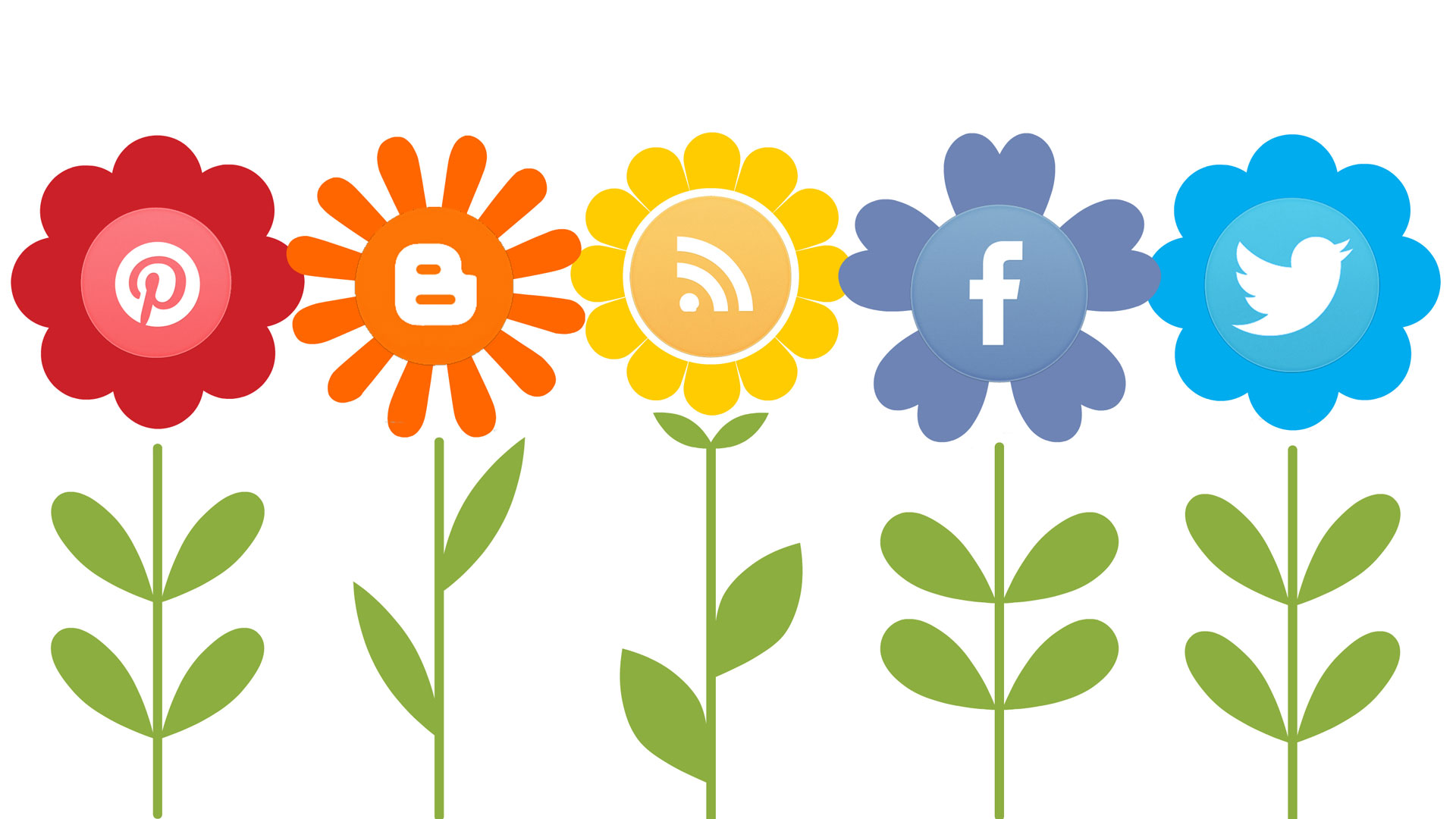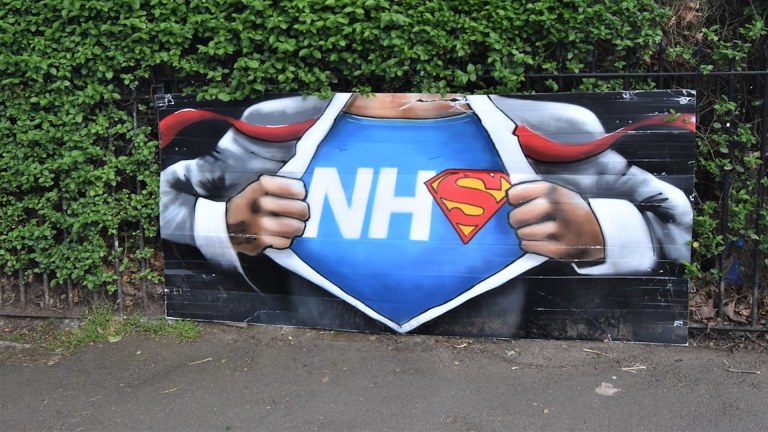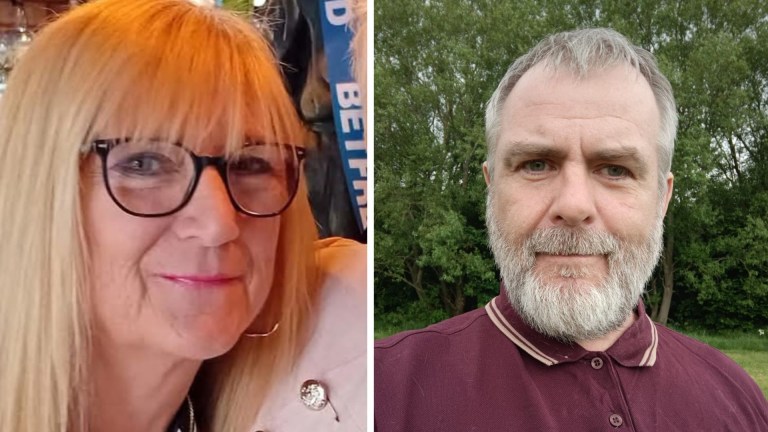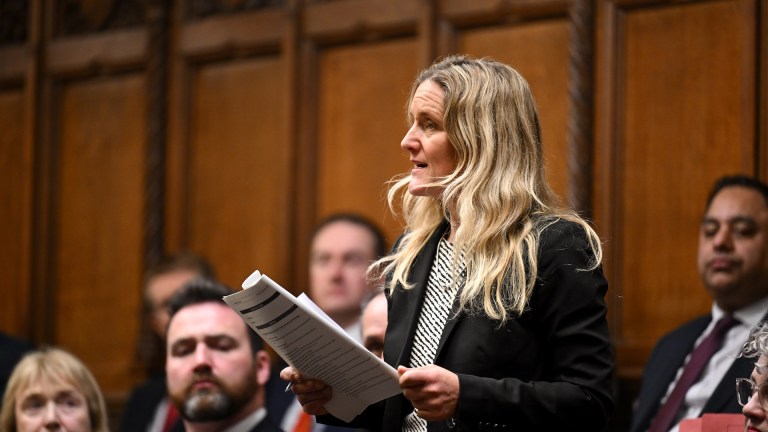“We know that social media can really affect our mental health and it’s full of negative news. #ReclaimSocial is a chance to remember the good side and how social media has really helped us this year to connect with others and to find support.”
Here’s how you can make your social media a positive place to hang out, and a force for good in the world.
1. Curate your feed
This is a good first step towards improving your online experience, said Litsa. You have the power to cut out a lot of the negativity by choosing who you invite into your social sphere. Make your feed a place that is useful to you, and also brings hope.
“Curate an inspiring feed and an experience that really fits for you,” she added. “It doesn’t have to be positive in the sense of hiding from the news, or just ignoring everything that’s happening, but you need to follow those who will contribute to what you want to know, or those who help you to use social media in a way that makes sense for you.”
2. Amplify the good
It’s easy to find yourself, full of fury, sharing the latest hot take. But before you do, Litsa suggested, maybe think about whether you really want to give more oxygen to the negativity.
“Going on social media and complaining might feel nice for a moment but it’s not really helping you in the end,” she said.
Advertising helps fund Big Issue’s mission to end poverty
Your social media can instead be a place where you amplify diverse and inclusive content, as it “has the potential to help you discover new voices, new stories, and especially the communities that are not really represented in the way that it should be.”
Everyone can also use their platform – whether they have a couple of hundred followers or a couple of million – to share the issues that matter to them. As part of #ReclaimSocial, Litsa encouraged everyone to share inspiring stories that help raise awareness of the causes close to their hearts. Even if you are not able to financially contribute right now, this is a way to give your favourite charities and organisations a boost.
“It is a great opportunity to be able to talk about their work and also help them expand their network.”
If you’d like some shareable inspiration, you can find lots of stories from Big Issue vendors here.
3. Set boundaries
“Especially this year, it’s quite tempting to just do the doomscrolling, reading everything. There’s always a new story,” Litsa admitted.
Advertising helps fund Big Issue’s mission to end poverty
Though it’s important to stay in touch with your friends and what’s going on in the world, it’s also vital to know when to stop, she added.
“Everyone is affected in different ways, but the more you spend time on screens, the more it affects your life – your sleep, your mental health. It is important to take a break.”
Setting boundaries around when you feel ok to use social media — and when not to — can help. Some people have a rule not to use social media after 8pm, or to only use it for a certain purpose and then stop. Either way, aimlessly scrolling through Twitter or Facebook deep into the night is not good for your mental health and likely isn’t good for your eyes or sleep patterns either.
4. Education, education, education
When you’re trying to manage your relationship with social media, it’s helpful to remember how these platform work, said Litsa. Social media is controlled by algorithms, and those algorithms want to grab your attention and keep it.
Unfortunately, one of the easiest ways they can do that is by making you angry. But, Litsa said, you don’t have to fall for it.
“I am always reminding myself – just because you see something that you don’t agree with, you don’t necessarily need to continue sharing that. I’m always stopping myself and saying, ‘do I really want to reply to that? Or is it because I’m angry?’,” she added.
Advertising helps fund Big Issue’s mission to end poverty
“Try to think: this is how the platforms work. You don’t necessarily need to give it more fuel.”
5. Have a real conversation
If you’re not spending your time getting drawn into time- and energy-draining arguments, you are in a better position to have some real conversations. Take the opportunity to reach out.
“On a personal level, I think a nice way to use social media for good is to be helpful and kind and open, to have conversations with others,” said Litsa.
“It’s really helped me, for example, on Twitter, especially this year, to be able to use the platform not just to talk about work and campaigns, but also to connect with people.
“So when someone shares a tweet saying, ‘I’m really struggling today. It’s really hard. And the pandemic is taking a toll on me’, you can just share a nice comment after that. Then you’re starting a conversation and you’re just showing that you are there for somebody else. And it’s also helping you in the end.”
By taking that first step to show some kindness, Litsa said, you can start the process of building an online community who can support you in your own times of need.
Advertising helps fund Big Issue’s mission to end poverty
6. Be authentic
“It’s tempting on social media to say, ‘oh, everything is perfect. I’m all good’,” Litsa said. But presenting a perfect version of your life is ultimately bad for you – and for others.
In 2017, the Royal Society for Public Health (RSPH) conducted a survey to examine the positive and negative effects of social media on young people’s health. Perhaps surprisingly, the platforms that were rated the most detrimental to young people’s mental health and wellbeing were Instagram and Snapchat.
In comparison to Facebook and Twitter, Instagram has a cuddly image – but respondents to the RPSH survey said that the pressure to be perfect on the platform had caused them problems with anxiety, depression and poor body image.
Authenticity is not only about looking out for others, however. If you share something honest, you give yourself the opportunity to make genuine connections, said Litsa.
“If you share something that’s more relatable and something that you really feel, maybe then others will connect with you,” she explained. “Then you can actually have an honest conversation.”
Advertising helps fund Big Issue’s mission to end poverty
You can, in short, make social media more social.
Read more about #ReclaimSocial here.











